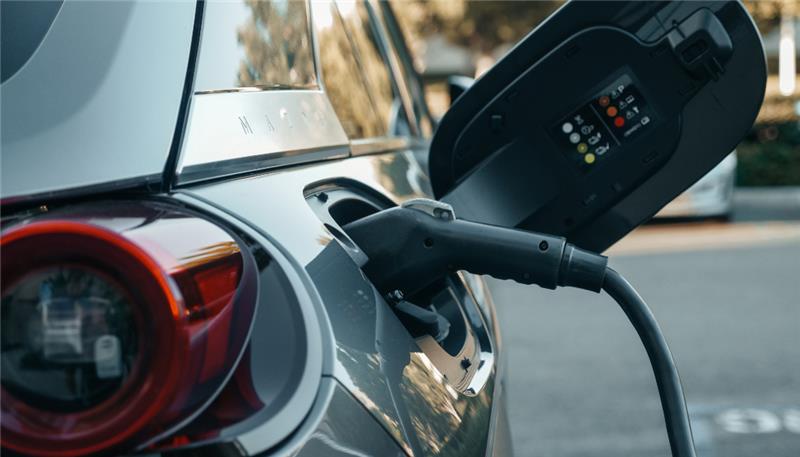The federal government is under growing pressure to reconsider its electric vehicle (EV) mandate, as major automakers and international developments converge to challenge its viability in today’s economy. Ford, GM, and Stellantis have formally urged Prime Minister Mark Carney to pause or revise the policy, citing concerns over feasibility, affordability, and potential job losses.
The urgency has intensified following former U.S. President Donald Trump’s announcement of a proposed 25 per cent tariff on Canadian imports , an economic threat that could significantly impact Canada’s auto industry. Brian Kingston, president of the Canadian Vehicle Manufacturers’ Association said a “25 per cent tariff on Canadian production is a huge challenge for the future of this industry”
Canada’s EV mandate requires that 20% of all new vehicles sold be zero-emission by 2026, ramping up to 100 per cent by 2035. Automakers failing to meet these targets must purchase compliance credits or face penalties. Industry leaders argue that the goals are unrealistic given current EV demand, limited charging and electricity infrastructure, and the rising costs of vehicle production.
We’ve written about EV mandates in the past, and the trade-offs engaged women consider. They want to see progress on emissions reduction, but also prioritize a strong economy, affordability, and energy reliability. Ninety per cent of engaged women agree that Canada’s energy related policies should focus on improving the cost of living for Canadians. Policies need to consider climate goals with everyday realities like commuting, cost of living, and access to infrastructure.
At its core, re-examining this mandate is about more than emissions targets. It touches on national independence, economic competitiveness, and the future of Canadian manufacturing. As questions arise between policy ideals and practical implementation, Canadian women and their families are watching closely. They want progress, but not at the expense of jobs, affordability, or sovereignty.
Amid rising economic pressures, tariffs, softening demand, and the need for emissions reduction, the question remains: is Canada’s EV mandate sustainable or is it running out of power?
